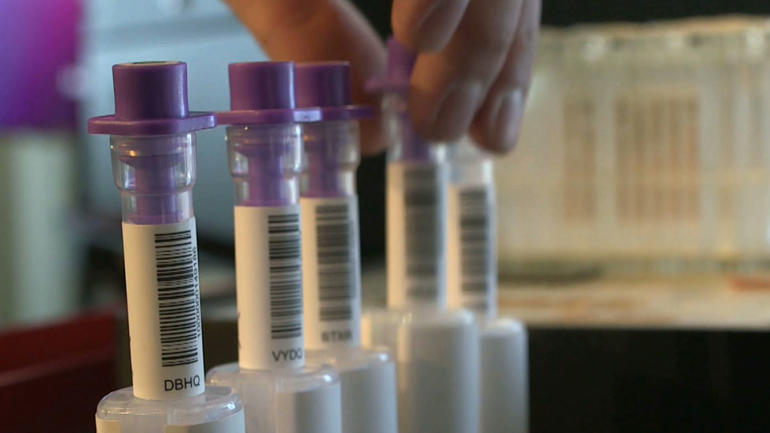Some refer to “Rapid DNA” technology as a magic box. A machine tests DNA samples and produces results in as little as two hours.
It was used with some success at last autumn’s deadly California wildfire. And it’s being employed by more police agencies in the U.S. CGTN’s Hendrik Sybrandy reported from Denver.
It’s the deadliest and most destructive wildfire in California history. 85 people were killed when flames swept through the town of Paradise this past November. It took weeks to find all the bodies.
“I want to recover as many remains as we possibly can as soon as we possibly can because I understand the toll that it takes on people not knowing what became of their loved ones,” Kory Honea, Butte County Sheriff said.
A compact device developed by the Longmont, Colorado company ANDE and donated for use in California helped identify more than half of the fire victims.
“ANDE is a mobile platform,” said Jim Davis, ANDE’s Chief Federal Officer. “Can be set up anywhere. Can be hooked up to any power source.”
The company’s technology, which is considered a form of “Rapid DNA,” can analyze DNA samples from human tissue or blood and objects almost instantaneously.
“You take that swab, you insert it into a plastic block, what we call a biochip,” Davis explained. “That chip goes into the instrument. You close the door and literally wait just two hours.”
Davis believes the machine, created with funding help from the U.S. government, is a game-changer when it comes to victim identification.
“It’s unparalleled technology,” he said. “It’s unlike anything we’ve ever had the ability to do before.”
Movie buffs and T.V. viewers have become accustomed to seeing DNA processed at the drop of a hat. It doesn’t work that way in real life where the wait for DNA results can last for weeks, months or longer. Davis said there’s currently a backlog of hundreds of thousands of sex assault cases.
“That’s hundreds of thousands of victims that don’t have closure,” he said. “That’s hundreds of thousands of subjects that are out running around perhaps reoffending.”
He thinks instruments like the one made by his company could help identify many of those suspects. A number of U.S. police agencies are using Rapid DNA now.
 CGTN America
CGTN America

